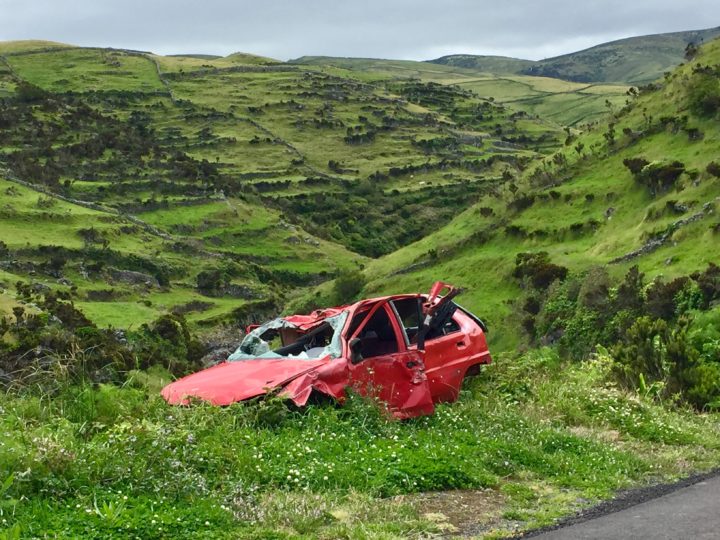The following contribution is from another author.
It can be difficult to stay calm and rational during the painful aftermath that usually follows an inconvenient, confusing experience. There are some decisions you need to make once you’ve had a car accident, as it’s easy to make specific mistakes such as failing to provide proper documentation or failing to file a claims report to your insurance company. Although car accidents are sometimes unavoidable due to factors beyond your control, some drivers might fall prey to four careless behaviors they usually assume won’t affect other motorists around them.
Failing to Obey Traffic Signals
As you drive, you must pay complete attention to the road and nearby traffic signage to adjust your speed accordingly. Yield and stop signs are regulatory signs that signal the driver to temporarily stop the vehicle, allowing other vehicles to pass nearby before you merge into a different lane. Warning signs that indicate school zones or pedestrian crossings are coded in yellow and are placed in specific areas where drivers or pedestrians are vulnerable. These signs compel the drivers to lower their speed and look out for ongoing traffic until the environment is cleared for you.
Drowsy Driving
The combination of sleepiness and staying on the wheel only precipitates more trouble. Most drivers who try to stay busy on the road haven’t slept enough, but others suffer from sleep disorders or just got out from working a certain shift. People who drive storage truck trailers for different companies often have to cross state lines and may feel too exhausted when nightfall comes. Drowsiness impacts your ability to make snap judgments and slows your reaction time down. If you’re someone who’s been in an accident as a passenger, you may need to speak to an attorney first who can clear up the case by examining the proper details.
Distracted Driving
Some drivers attempt to multitask while they’re behind the wheel, often struggling to maintain undivided focus on environmental cues. Plaintiffs in court agree that drivers who used their cell phones to call or text someone before a collusion are negligent and should pay for resulting damages. It’s never worth it to take your eyes off the road, even for a brief second when you feel the need to address each text message you receive. Understanding the difference between urgency and frequency when it comes to decisions you make while driving is key.
Driving Under the Influence
There are several billboards that warn drivers and pedestrians about the dangers of drunk driving. These billboards are designed to instill fear, discouraging people from making this life-threatening mistake. Alcohol-impaired driving is a criminal offense the penalizes drivers who have a blood alcohol concentration of .08 or above. Having too much alcohol or using other illicit substances can impair your memory and judgment, also affecting your ability to pay attention to nearby surroundings. If you’ve driven under the influence and caused others to suffer from fatal injuries, you could be seriously charged with manslaughter and other felonies.
There are different variables that come into play when it comes to car accidents. However, it’s better to take precautions at all times than to wing it and hope you won’t get caught or cause extensive damage you may have to pay down. It’s more preferable to understand what seemingly trivial decisions drivers make that could cost them more than they anticipated.
















